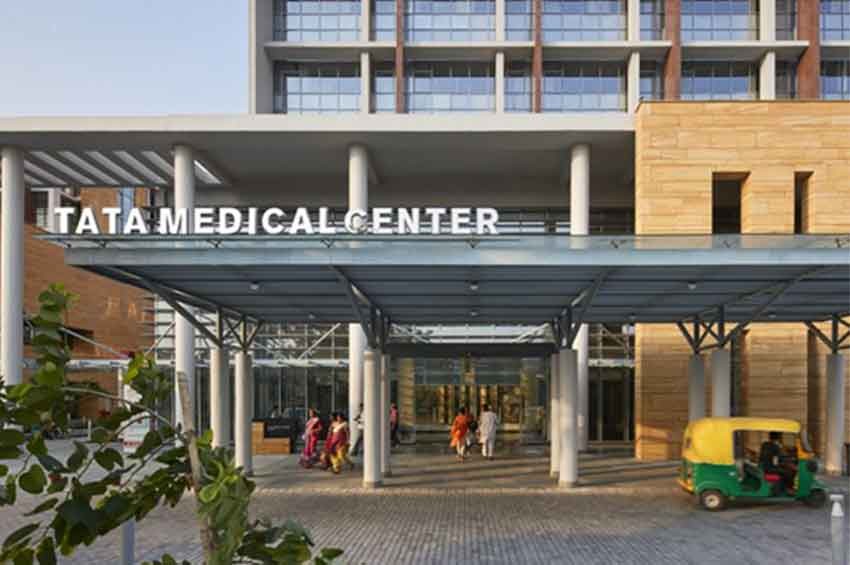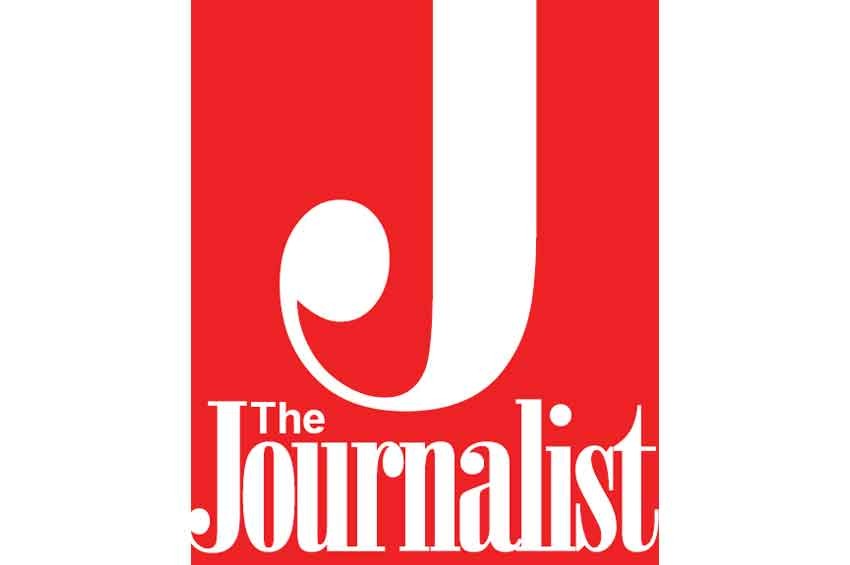I am not an ardent reader or writer. This is the first article I am writing after the English essays I had to write while in College – that was 2 decades back. I would not dare write one, if it is not because of the experiences I have had in the last three weeks here, far away from home.
I am currently in a flat near the Tata Cancer Hospital in Kolkatta. I can see a sea of people and vehicles moving around, all out to make a living. But from the hundreds, I am definite that most are en-route to the hospital, seeking medical assistance for the hundreds of diseases that have filled the world. And amongst them, there could be some very fortunate souls – Bhutanese.
I could not accompany my father when he went for a check up to the Jigme Dorji Wangchuck National Referral Hospital, Thimphu, for a problem he had – occasional headaches. In a mundane world, we tend to think that it is just a headache – take some paracetamols or sinarest. But at JDWNRH, my father was told that there was a small tumor in the tube connecting the nose with the mouth. After some tests, he was referred to Kolkatta.
As the only son, it was my primary duty to accompany my father. So, I began collecting whatever savings I had and called up my cousin at Thimphu asking what the flight to Kolkatta would cost. The answer was a surprise. “The government pays everything, including the air tickets,” he said. I told him that the government may be paying for the patients but definitely not the attendant. He replied that the government bears the costs of the attendants, too, including daily allowance.
I sat down and then the phrase the Last Shangrila struck me. There are several critics who say that Bhutan is no longer the Last Shangrila, that the elites and those in power take everything, there is abuse of power and others. I think that medical referrals like in Bhutan can only happen in a Shangrila, whether it is the First or the Last.
As we prepared to leave for Kolkatta, we were given very clear instructions of what we need to take; the challenges that we may face, the circumstances in Kolkatta and many more. I felt like a tourist. When we boarded Druk Air to Kolkatta, I found out that all passengers were patients and their attendants going to Kolkatta and Vellore. There were people from all walks of life – the old and young, those who have frequently boarded Druk Air and others who had never been on a plane. I saw a young boy who looked excited as well as frightened as the plane took of. Such things only happen in a Shangrila, First or Last.
When we reached Kolkatta international airport, we again had the tourist experience. Bhutanese health officials working in Kolkatta had come to the airport to receive us. Others moving to Vellore were also helped by other officials and taken to the domestic airport for their journey to Vellore. And the liaison officers helped us get a flat and other necessities. This happens only in a Shangrila, First or Last.
During my father’s first appointment with a doctor, I was waiting outside. Sitting next to me was a middle-aged person with a beard. I smiled and it evoked a response. “Are you from Nagaland,” he asked in Urdu/Hindhi. I said I was from Bhutan and the moment I said so, he held my hands. “I am from Bangladesh. We love your country. The world will not have a leader like your King and your Prime Minister studied in Bangladesh,” he said. He further said that he is aware that Bhutanese patients referred do not need to pay anything. “Your King’s heart (dil) is very big,” he said. This happens only in a Shangrila, First or Last.
Over the course of my stay here, I have made friends like the “chai wala” (tea seller), owner of a grocery shop and others. The fact that I am from Bhutan strikes a chord with them. They are amazed thinking how a poor developing country like Bhutan can afford to provide such benefits. Shymlal Mukerjee, the grocery owner, who has a masters in Bengali Literature said if there is one leader he cannot criticize as he finds nothing to criticize at all, it is His Majesty our King. I am treated like a VIP when I enter his shop, not because of any other reason, but because I am a Bhutanese and he revers our King. This is why Bhutan is a Shangrila, First or Last.
I am also amazed at the amount of work, the liaison officers here need to do. They have to take care of more than 100 patients, who have different needs. But they give their best and ensure that no one is left behind unattended. I think only in a Shangrila would people work so effectively and wholeheartedly.
I am currently in a flat near the Tata Cancer Hospital in Kolkatta. I can see a sea of people and vehicles moving around, all out to make a living. But from the hundreds, I am definite that most are en-route to the hospital, seeking medical assistance for the hundreds of diseases that have filled the world. And amongst them, there could be some very fortunate souls – Bhutanese.
I could not accompany my father when he went for a check up to the Jigme Dorji Wangchuck National Referral Hospital, Thimphu, for a problem he had – occasional headaches. In a mundane world, we tend to think that it is just a headache – take some paracetamols or sinarest. But at JDWNRH, my father was told that there was a small tumor in the tube connecting the nose with the mouth. After some tests, he was referred to Kolkatta.
As the only son, it was my primary duty to accompany my father. So, I began collecting whatever savings I had and called up my cousin at Thimphu asking what the flight to Kolkatta would cost. The answer was a surprise. “The government pays everything, including the air tickets,” he said. I told him that the government may be paying for the patients but definitely not the attendant. He replied that the government bears the costs of the attendants, too, including daily allowance.
I sat down and then the phrase the Last Shangrila struck me. There are several critics who say that Bhutan is no longer the Last Shangrila, that the elites and those in power take everything, there is abuse of power and others. I think that medical referrals like in Bhutan can only happen in a Shangrila, whether it is the First or the Last.
As we prepared to leave for Kolkatta, we were given very clear instructions of what we need to take; the challenges that we may face, the circumstances in Kolkatta and many more. I felt like a tourist. When we boarded Druk Air to Kolkatta, I found out that all passengers were patients and their attendants going to Kolkatta and Vellore. There were people from all walks of life – the old and young, those who have frequently boarded Druk Air and others who had never been on a plane. I saw a young boy who looked excited as well as frightened as the plane took of. Such things only happen in a Shangrila, First or Last.
When we reached Kolkatta international airport, we again had the tourist experience. Bhutanese health officials working in Kolkatta had come to the airport to receive us. Others moving to Vellore were also helped by other officials and taken to the domestic airport for their journey to Vellore. And the liaison officers helped us get a flat and other necessities. This happens only in a Shangrila, First or Last.
During my father’s first appointment with a doctor, I was waiting outside. Sitting next to me was a middle-aged person with a beard. I smiled and it evoked a response. “Are you from Nagaland,” he asked in Urdu/Hindhi. I said I was from Bhutan and the moment I said so, he held my hands. “I am from Bangladesh. We love your country. The world will not have a leader like your King and your Prime Minister studied in Bangladesh,” he said. He further said that he is aware that Bhutanese patients referred do not need to pay anything. “Your King’s heart (dil) is very big,” he said. This happens only in a Shangrila, First or Last.
Over the course of my stay here, I have made friends like the “chai wala” (tea seller), owner of a grocery shop and others. The fact that I am from Bhutan strikes a chord with them. They are amazed thinking how a poor developing country like Bhutan can afford to provide such benefits. Shymlal Mukerjee, the grocery owner, who has a masters in Bengali Literature said if there is one leader he cannot criticize as he finds nothing to criticize at all, it is His Majesty our King. I am treated like a VIP when I enter his shop, not because of any other reason, but because I am a Bhutanese and he revers our King. This is why Bhutan is a Shangrila, First or Last.
I am also amazed at the amount of work, the liaison officers here need to do. They have to take care of more than 100 patients, who have different needs. But they give their best and ensure that no one is left behind unattended. I think only in a Shangrila would people work so effectively and wholeheartedly.
By Kinley Wangdi
(Edited for space & clarity).
(Edited for space & clarity).












